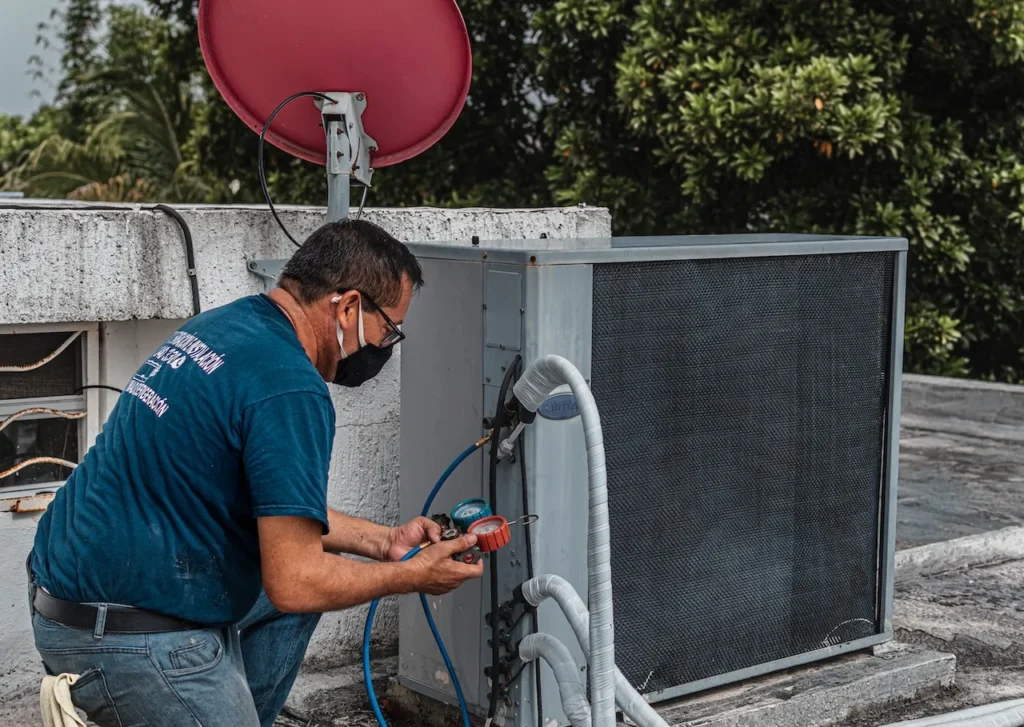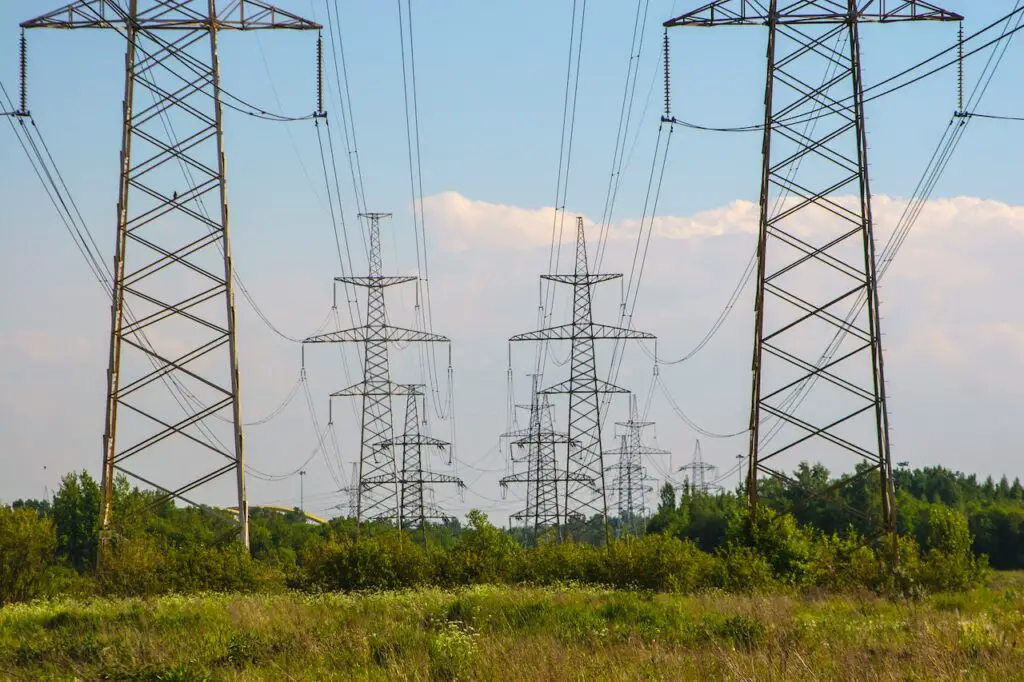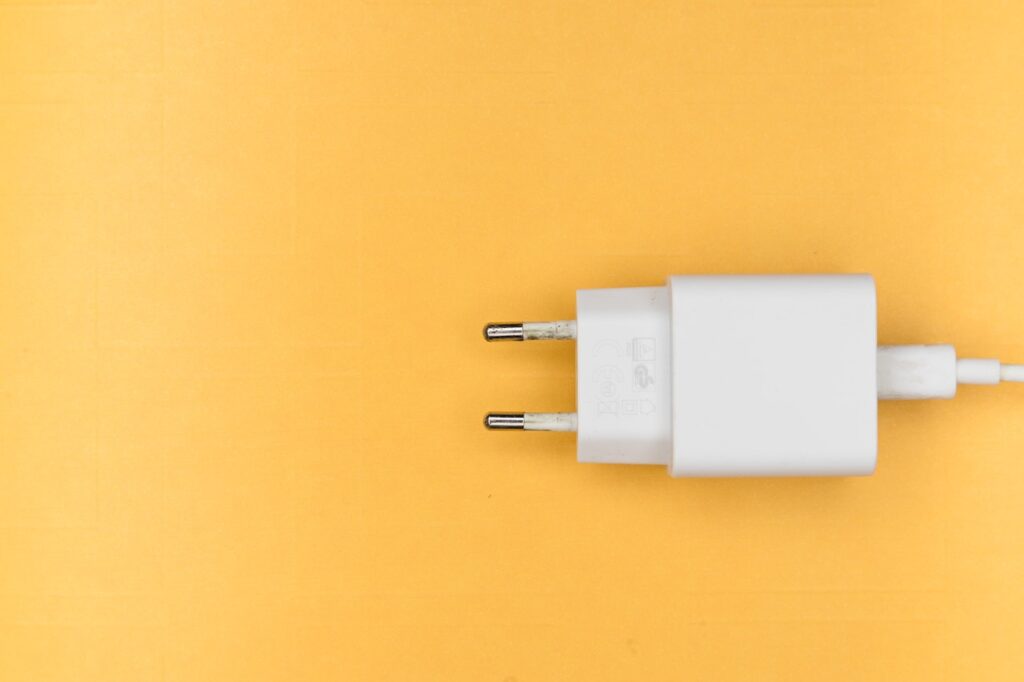If you’re considering replacing your boiler, you may be wondering if a heat pump is a suitable alternative. While both systems provide heat for your home, there are some differences between the two that you should be aware of before making a decision.
A heat pump is an efficient and eco-friendly option that can replace your boiler if you live in a mild to moderate climate. Heat pumps work by extracting heat from the air or ground outside your home and transferring it inside. They can provide both heating and cooling, making them a versatile option. However, if you live in an extremely cold climate, a heat pump may not be able to provide enough heat to keep your home comfortable.
On the other hand, a boiler is a reliable and effective heating system that can provide heat even in the coldest of climates. Boilers work by heating water and distributing it through radiators or underfloor heating systems. While they may not be as eco-friendly as heat pumps, they are a proven technology that has been used for many years. However, boilers can be expensive to run, especially if your home is not well-insulated.

Understanding Heat Pumps
If you are considering replacing your boiler with a heat pump, it’s important to understand how heat pumps work. In this section, we will cover the basics of heat pumps, including what they are and how they work.
What is a Heat Pump?
A heat pump is a device that transfers heat from one location to another. It can be used for both heating and cooling your home. Unlike a boiler, which generates heat by burning fuel, a heat pump moves heat from the air or ground outside your home into your home.
How Does a Heat Pump Work?
Heat pumps work by using a refrigerant to absorb heat from the air or ground outside your home. The refrigerant then passes through a compressor, which increases its temperature. The hot refrigerant is then circulated through a coil inside your home, where it releases its heat. The cooled refrigerant is then circulated back outside, where it absorbs more heat and the process starts again.
There are two main types of heat pumps: air source heat pumps and ground source heat pumps. Air source heat pumps extract heat from the air outside your home, while ground source heat pumps extract heat from the ground. Both types of heat pumps are energy-efficient and can save you money on your heating bills compared to a boiler.
One thing to keep in mind is that heat pumps work best in moderate climates. If you live in an area with very cold winters, a heat pump may not be able to keep your home warm enough on its own. In this case, you may need to supplement your heat pump with a backup heating system, such as a boiler or electric heaters.
Understanding Boilers
What is a Boiler?
If you have a traditional heating system, chances are you have a boiler. A boiler is a heating device that uses natural gas, propane, or heating oil to create heat. The heat produced by the boiler is then circulated through your home’s pipes to provide warmth. Boilers are often found in older homes and can last for many years with proper maintenance.
How Does a Boiler Work?
A boiler works by heating water and then distributing the hot water or steam throughout your home. The heating process begins with the boiler’s burner, which ignites the fuel source. The heat produced by the burner is then transferred to the water or steam inside the boiler’s tank. The hot water or steam is then distributed through your home’s pipes to provide heat.
Boilers can be used for both heating and hot water. If you have a combi-boiler, it will heat water on demand, so there is no need for a separate hot water tank. Traditional boilers, on the other hand, require a separate hot water tank to store the heated water.
One of the benefits of a boiler is that it can provide consistent heat throughout your home. Additionally, boilers are often more efficient than other heating systems, making them a popular choice for homeowners.
Differences Between Heat Pumps and Boilers
Heating Efficiency
Heat pumps and boilers differ significantly in their heating efficiency. Heat pumps work by extracting heat from the outside air and transferring it inside your home. In contrast, boilers burn fuel to produce heat. Heat pumps are more efficient at heating your home, as they can produce up to three times more heat energy than the electricity they consume. Boilers, on the other hand, can only produce one unit of heat energy for each unit of fuel they burn.
Costs and Installation
Heat pumps are generally more expensive to buy and install than boilers. The cost of a heat pump can range from £5,000 to £15,000, depending on the type and size of the unit. In contrast, a gas boiler can cost from £1,000 to £4,000. The installation of a heat pump is more complex than that of a boiler, and it may take longer to complete. You may also need to install additional equipment, such as a hot water cylinder, to use a heat pump for hot water.
Environmental Impact
Heat pumps are more environmentally friendly than boilers, as they do not produce any emissions on site. However, the environmental impact of a heat pump depends on the source of the electricity used to power it. If the electricity comes from renewable sources, such as wind or solar power, the heat pump is a very green option. If the electricity comes from non-renewable sources, such as coal or gas, the heat pump is still cleaner than a boiler, but not as green as it could be. Boilers produce emissions on site, and their impact on the environment depends on the type of fuel they burn.
Can a Heat Pump Replace a Boiler?
If you’re wondering whether a heat pump can replace your boiler, the answer is yes – but it depends on several factors. Here are some things to consider:
Factors to Consider
The first thing to consider is the type of heating system you currently have. If you have a gas or oil boiler, you may have to upgrade your electrical service to accommodate the heat pump. Additionally, if you live in an area with very cold winters, you may need a backup heating system to supplement the heat pump.
Another factor to consider is the cost. While a heat pump can save you money on your energy bills in the long run, the initial cost of installation can be high. You’ll need to weigh the upfront cost against the potential energy savings.
When a Heat Pump is a Good Replacement
If you live in a mild climate and have an older, inefficient boiler, a heat pump may be a good replacement option. Heat pumps are highly efficient and can save you money on your energy bills over time.
Heat pumps are also a good option if you’re looking to reduce your carbon footprint. They use electricity to transfer heat, which produces fewer greenhouse gas emissions than burning fossil fuels.
When a Boiler is a Better Option
If you live in an area with very cold winters, a heat pump may not be the best option. Heat pumps become less efficient as the temperature drops, so you may need a backup heating system to supplement the heat pump.
If you have a newer, efficient boiler, it may not make sense to replace it with a heat pump. While heat pumps are highly efficient, the cost of installation may not be worth the potential energy savings if your boiler is already efficient.
Ultimately, the decision to replace your boiler with a heat pump depends on your specific circumstances. Consider the factors above and talk to a professional to determine whether a heat pump is the right choice for you.




